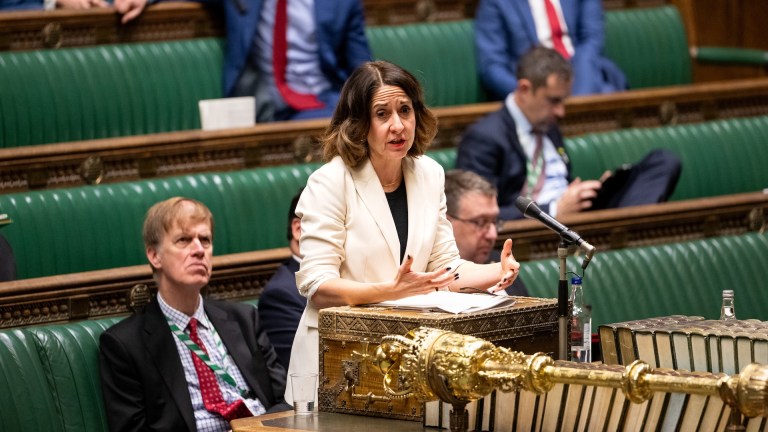The government should raise the national minimum wage to £15 per hour by 2024 to decrease regional inequalities and level up the north of England, a think-tank has argued.
Research conducted by the Progressive Economy Forum (PEF) found that a £15 minimum wage would also save the government £4.2bn on benefits payments that top up the wages of people on low-incomes, allowing it to cut taxes on small businesses, and raise an extra £30bn in taxes.
Positioned as a “a strong ‘levelling up’ measure” the think-tank found that while 33 per cent of employees in London would benefit from the wage increase, 51 per cent of employees in the north of England would be better off. Across the country, 14 million people would see their pay increase under the proposals.
Co-author of the report James Meadway argued that a £15 minimum wage by 2024 would make up for a “lost decade” of stagnating wages.
“Despite living in one of the richest countries on the planet, too little of Britain’s wealth goes to its workers. This research shows that a £15 an hour minimum wage is affordable and would be a huge boost for millions at a time of rapidly rising prices,” he said.
The research argues that lowering National Insurance Contributions for small businesses would reduce their tax burden and compensate for the increase to the cost of wages. For larger businesses, it finds “there is significant ‘slack’ available on their balance sheets to absorb increased labour costs.”










